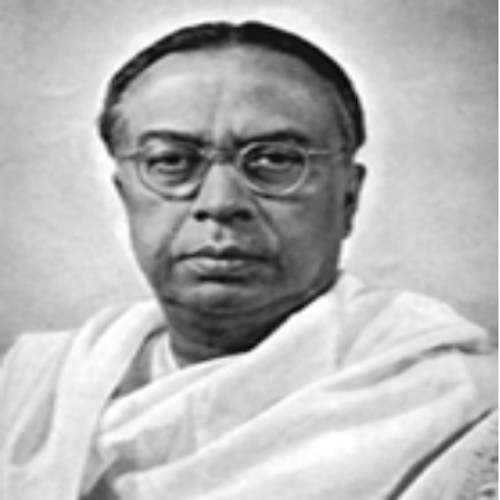Early Life
Kiran Sankar Roy was born at Teota in present day Bangladesh in 1891. He pursued his primary education at the Teota Academy and completed higher secondary education in Hindu School, Calcutta. Roy joined St. Xavier’s College and later Bangabasi College where he studied intermediate arts.
During his time in college, Roy was influenced by the radical nationalist movement. To keep him away from participating in the movement, his family sent him to England to pursue his higher education – Roy enrolled in New College, Oxford (1910). He was a prominent member of the Oxford Indian Majlis and was appointed as its President for a term. He graduated with a degree in History (1913).
On his return to India, Roy was a history lecturer at Presidency College and Sanskrit College, Calcutta. He was also appointed in the Bengal Education Service. During this tenure, he protested against the Rowlatt Act and resigned from the Bengal Education Service.
After his resignation, Roy went to England again for legal training at the Lincoln’s Inn. However, he did not complete the course.
Role in India’s Independence Movement
After returning from England, Roy joined the Congress party. He also taught at the ‘National College’ (Kolkata Vidyapitha). He later became the Vice Chancellor of the National University (known at that time as Gauriya Sarba-Vidyayatan).
In 1921, Roy became actively involved in the Indian nationalist movement and participated in the non-cooperation movement under the leadership of CR Das (a political activist and founder of the Swaraj party). During this period, he was detained by the British authorities for writing a seditious article.
Inspired by CR Das, Roy joined the Swaraj party (1922) – the party was formed in protest of Gandhi calling off the non-cooperation movement. He was appointed as the secretary of the Swaraj Party (1923). During the 1920s he was elected to the Bengal Council, for two consecutive terms. Roy was also elected to the Bengal Legislative Assembly (1937).
Roy was arrested for leading a protest march in Calcutta during the civil disobedience movement in 1930.
Contribution to Constitution Making
Roy was elected to the Constituent Assembly in 1946 on a Congress party ticket. He did not actively engage in the Constituent Assembly debates.
Later Contributions
After partition, for a brief period Roy was the Leader of the Congress party in the East Bengal Legislative Assembly. He later resigned and was appointed as the Home Minister of West Bengal on 4 March 1948.
He passed away soon after on 20 February 1949.
Key Writings
Roy was interested in Bengali literature and served as a member of the Sabuj Patra– a literature group led by Pramatha Chowdhury. Roy published essays and short stories in the Sabuj Patra, Prabasi and Atmasakti. He even published a collection of short stories under the title of Sapta Parna.
Kiron Sankar Roy (Banglapedia)

